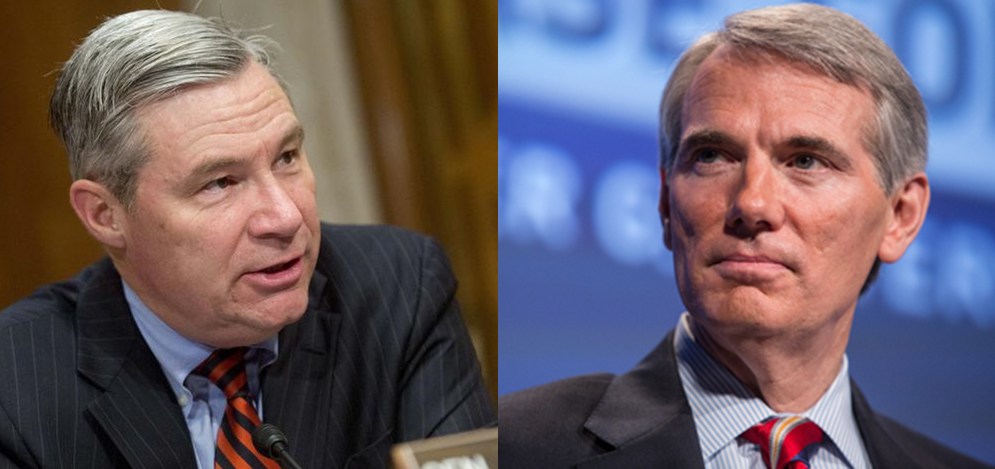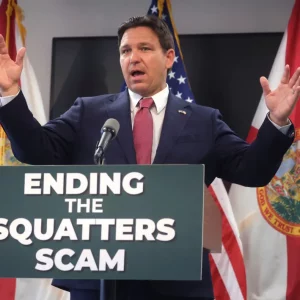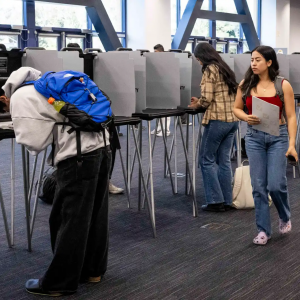As the 2016 US primary season nears its end, so too does the current session of Congress. Both houses will be off for half of July for the Democratic and Republican conventions, as well as for most of August and October. A RealClearPolitics average of congressional approval polls from the last month shows only 14.5% of Americans approve of the work Congress is doing. This brings up the question of what exactly Congress has done this year, especially since House Speaker Paul Ryan (R-WI) promised to restore “regular order” in the House, and what the chances are of legislation passing in the time left.
With a Democratic President in the White House and Republicans in control of both the House and Senate, there have been measures passed by both houses that are vetoed and do not have the necessary ⅔ of members’ votes to become law. This includes 63 attempted repeals of the Affordable Care Act. Only bipartisan legislation has a chance of becoming law. The first issue that both Republicans and Democrats agree on is the opioid epidemic. The Comprehensive Addiction and Recovery Act aims to deal with the issue by creating a federal task force that would develop a plan for how to manage opioid over prescription and giving the Attorney General authorization to grant funds to states and substance abuse organizations directly. Last month, the Senate passed CARA and sent it to the House. The House is aiming to turn CARA into a package with other bills concerning similar issues, such as sentencing reform. Sentencing reform has thus far stalled in the Senate over disagreements about violent offenders, worrying CARA’s sponsor, Senator Rob Portman (R-OH), that CARA itself could be hard to pass if it is lumped in with other measures.
The House has also failed to pass a budget, which was another one of Speaker Ryan’s promises. This is despite the fact that he and House Budget Committee Chair Tom Price (R-GA) have met repeatedly with the House Freedom Caucus to assuage their concerns about the spending levels agreed to in the 2015 budget agreement. This disagreement makes it likely that another agreement will be needed in September when the 2015 deal expires. The Speaker’s agenda to combat poverty has also faced stiff opposition from Democrats who disagree with his approach. He has created task forces on this issue and others that he says will produce legislation to further House Republicans’ agenda in the coming year. The House has also failed to pass a bill to deal with Puerto Rico’s debt crisis, which opponents have derided as a “bailout,” as well as granting any additional funding to fight the Zika virus. Republicans have called for a restructuring of Ebola funds to fight Zika, which the administration has done with about $600 million. The administration still wants more to fund Zika and extra funds so Ebola research can continue as well.
Both houses have passed a permanent ban on taxes on Internet access so the ban does not have to reauthorized, as well as new sanctions on North Korea. These sanctions specifically apply to human rights violators, cybercriminals, and to those who support or finance military action. The Senate also passed a reauthorization bill for the Federal Aviation Administration last week, the first of the appropriations bills that still have to be passed even without a budget. The reauthorization also dealt with increased airport security and drone safety. The bill has thus far gone nowhere in the House. The Senate also passed a wide-reaching, bipartisan energy bill for the first time in the Obama years, which aims to increase energy efficiency in buildings, increase the use of renewable energy and the export of natural gas, and curb some greenhouse gas pollution. The House passed a similar bill last year, and now the differences must be reconciled. The bill went forth when Senator Debbie Stabenow (D-MI) dropped her request for more funding for victims of the Flint water crisis, which she will now push for in a separate bill.
While both houses of Congress have passed a few bills this year that they can proclaim as bipartisan compromises, particularly in the Senate, there are key issues that have to be dealt with as the Congressional calendar nears its end. While much of the publicity has been given to Senate Republicans’ refusal to consider President Obama’s Supreme Court nominee, Merrick Garland, it remains to seen whether the added pressure will result in any further action this session or whether we will have to wait until after the election, when the composition of both houses could change.
Featured image source: thenationalcouncil.org











Be First to Comment